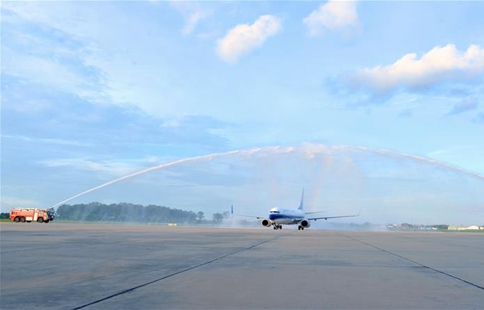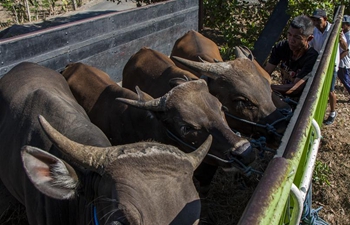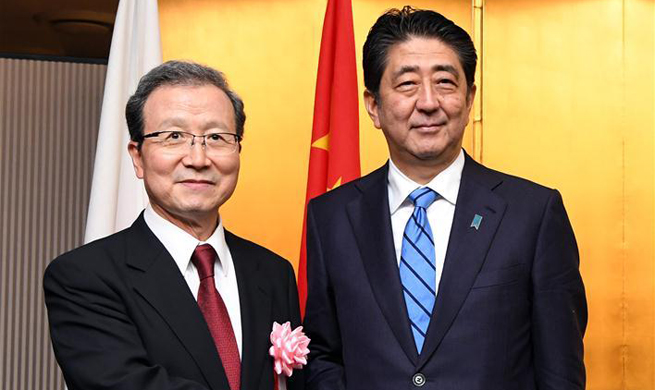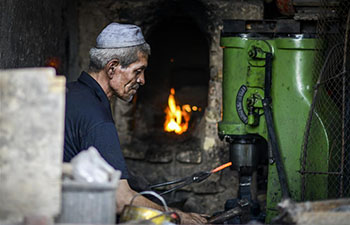By Christopher Guly
OTTAWA, Sept. 28 (Xinhua) -- The third round of negotiations to update the North American Free Trade Agreement (NAFTA) concluded here with no progress made on the main contentious trade issues as a dispute between the U.S. and Canadian jet manufacturers intensified.
During the Sept. 23-27 talks held between the United States and its trading partners Canada and Mexico, the United States did not detail its demands on some of the major issues, according to Canadian Foreign Minister Chrystia Freeland.
Freeland told reporters Wednesday that Washington has not said what it would like to see in the renegotiated NAFTA that addresses "some of the hardest issues," including Canada's agricultural supply-management system that imposes high duties to restrict imports of milk, cheese, eggs and poultry and which the Americans consider to be protectionist and unfairly favors Canadian farmers.
Washington has also been silent on specifics regarding rules of origin for automobiles and parts, which demand that a vehicle have at least 62.5 percent North American content to gain duty-free access to the U.S., Canadian and Mexican markets. It has indicated that it would like the percentage increased to ensure that goods and materials used in vehicle manufacturing originate from the continent.
In addition, no breakthrough was reached on the dispute settlement mechanism. The need for one was highlighted on Tuesday when the U.S. Department of Commerce slapped a 220-percent countervailing duty on the sale of Canadian aerospace giant Bombardier's C series commercial jets following a complaint from its U.S. rival Boeing.
Related NAFTA rules require disputes over countervailing or anti-dumping duties to be brought before binding arbitration panels for resolution.
Both Canada and Mexico want to keep the existing dispute settlement mechanism. The United States has indicated it wants to eliminate that process and instead rely on domestic courts to resolve such cross-border trade disagreements. As an alternative, Canada has proposed establishing permanent professional tribunals to provide arbitration.
The United States also intends to "reduce the trade deficit" with Canada and Mexico, and seek "reciprocal market access for American farmers, ranchers and businesses," U.S. Trade Representative Robert Lighthizer said here Wednesday.
But Canada's trade with the United States is already "reciprocal and usually beneficial and nearly perfectly in balance," countered Freeland, who told reporters that the United States enjoys a multibillion-dollar trade surplus with Canada.
During the Ottawa talks, all the three NAFTA parties agreed to include in the free trade agreement a chapter to help small- and medium-sized businesses to gain access to their respective markets.
Moreover, "meaningful advancements were made in the areas of telecommunications, competition policy, digital trade, good regulatory practices, and customs and trade facilitation," said a trilateral statement.
But there remain "substantial challenges to overcome," for the next round of talks scheduled for Oct. 11-15 in Washington, D.C., said Mexican Economy Minister Ildefonso Guajardo.
One of those challenges for Canada, according to Freeland, is in dealing with an "unconventional" and "openly, proudly protectionist" U.S. administration.

















